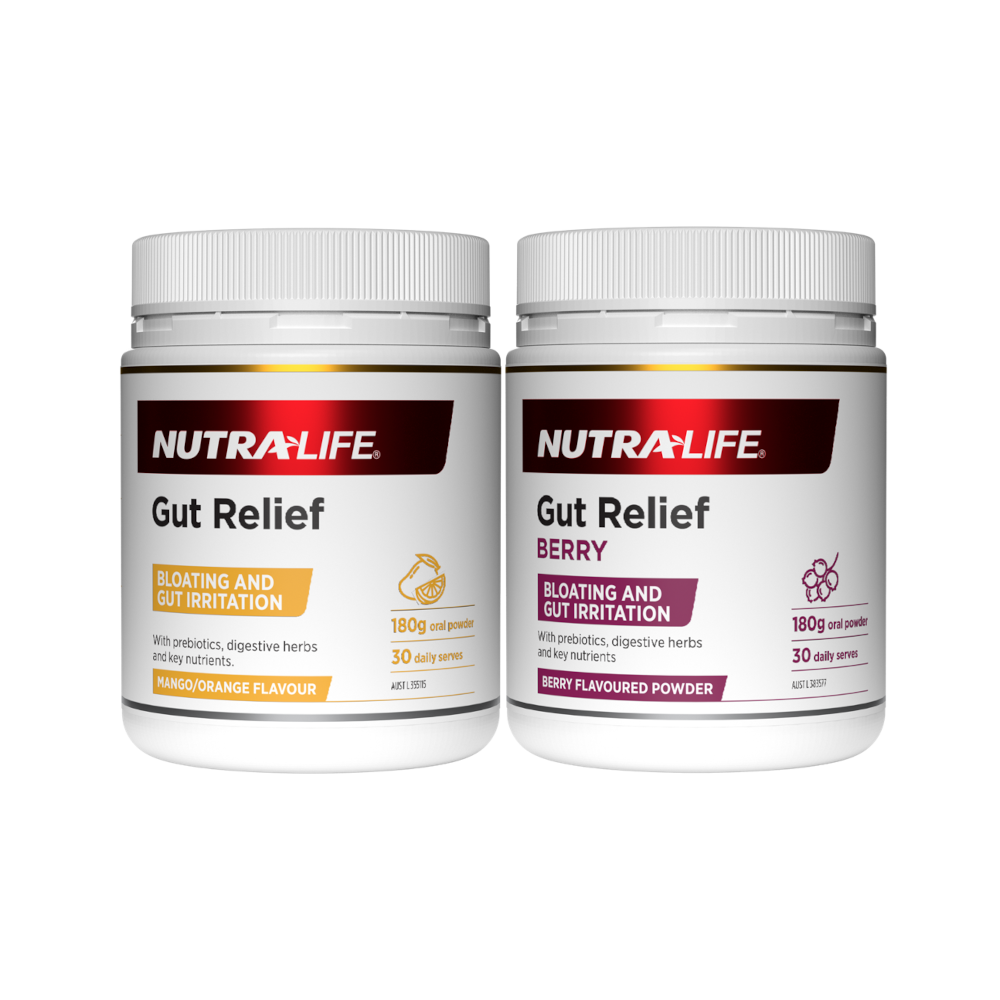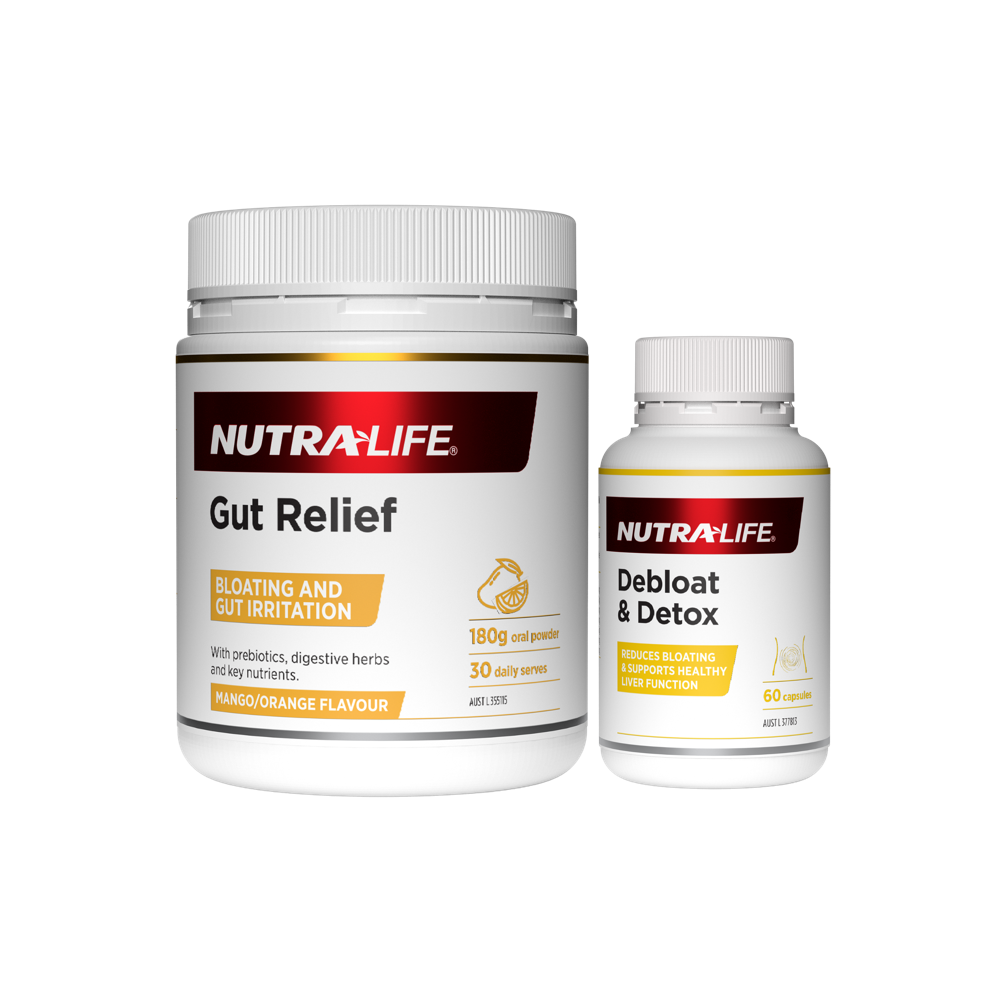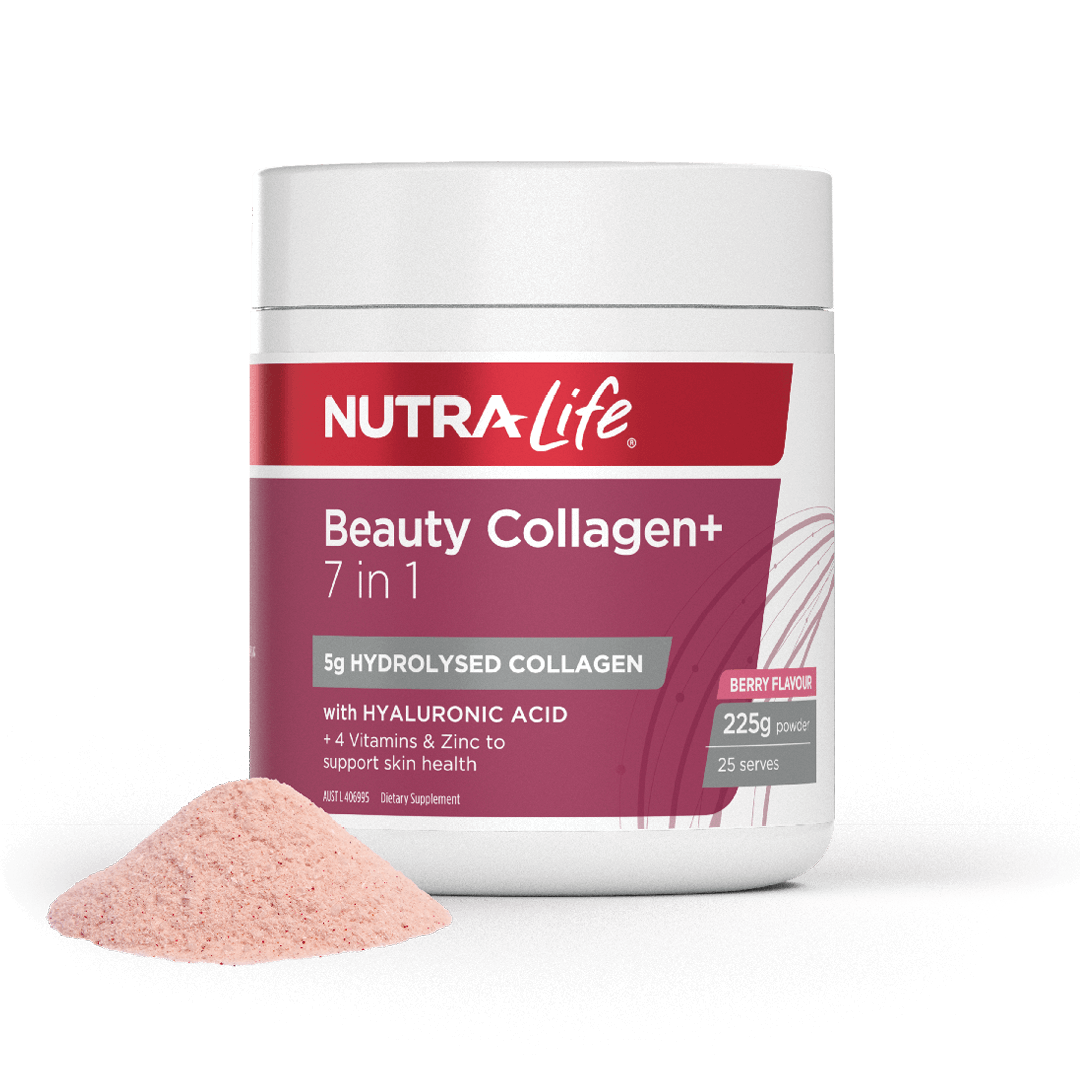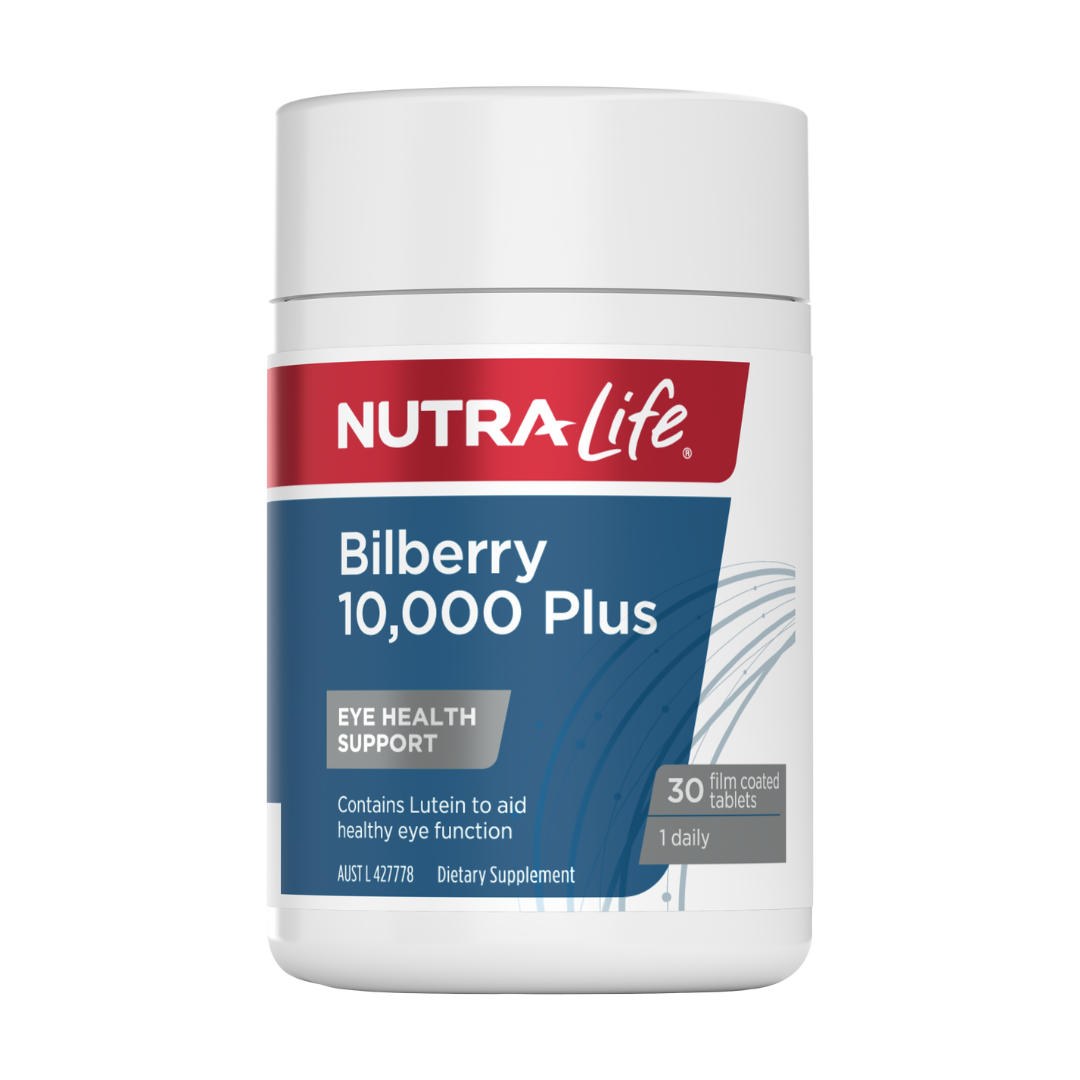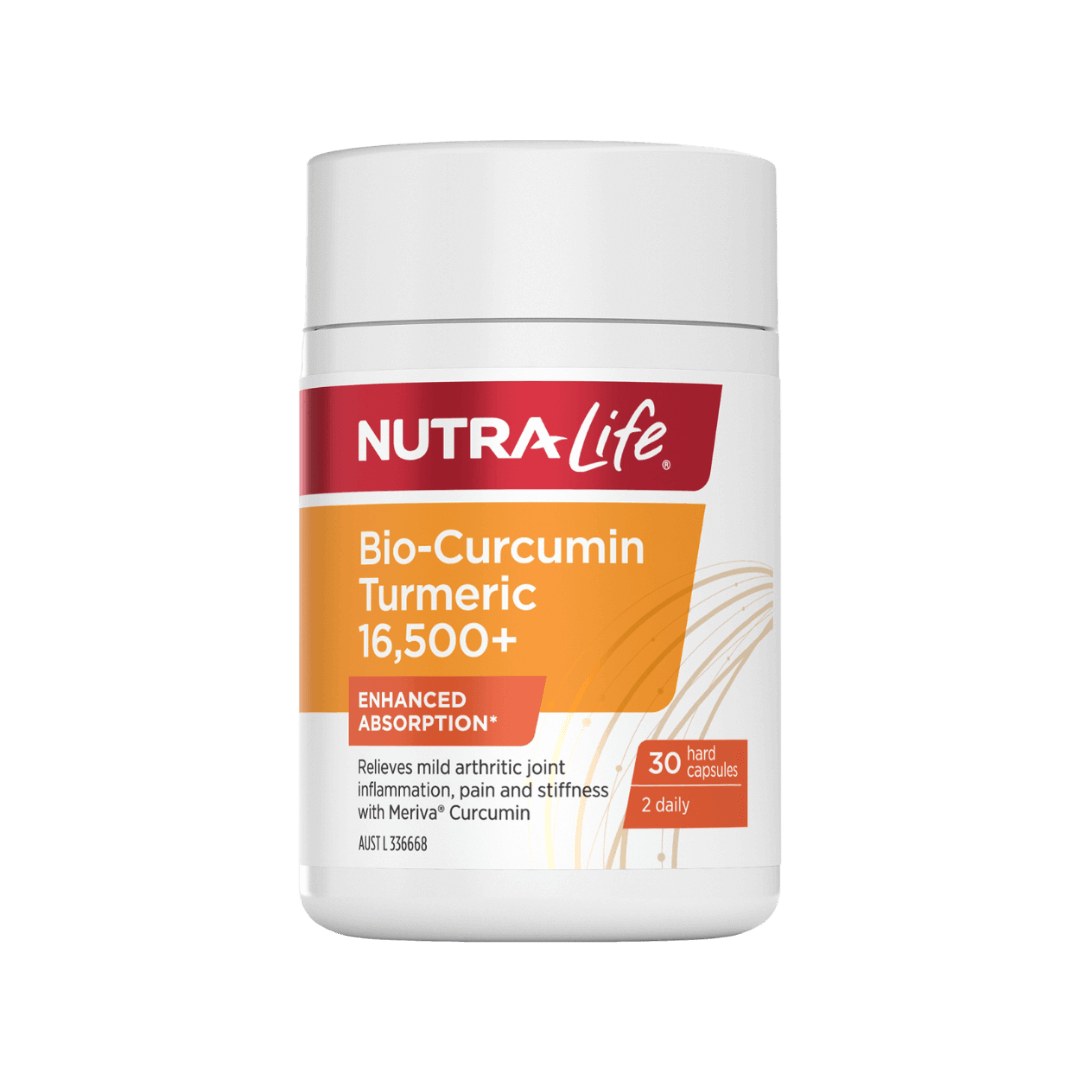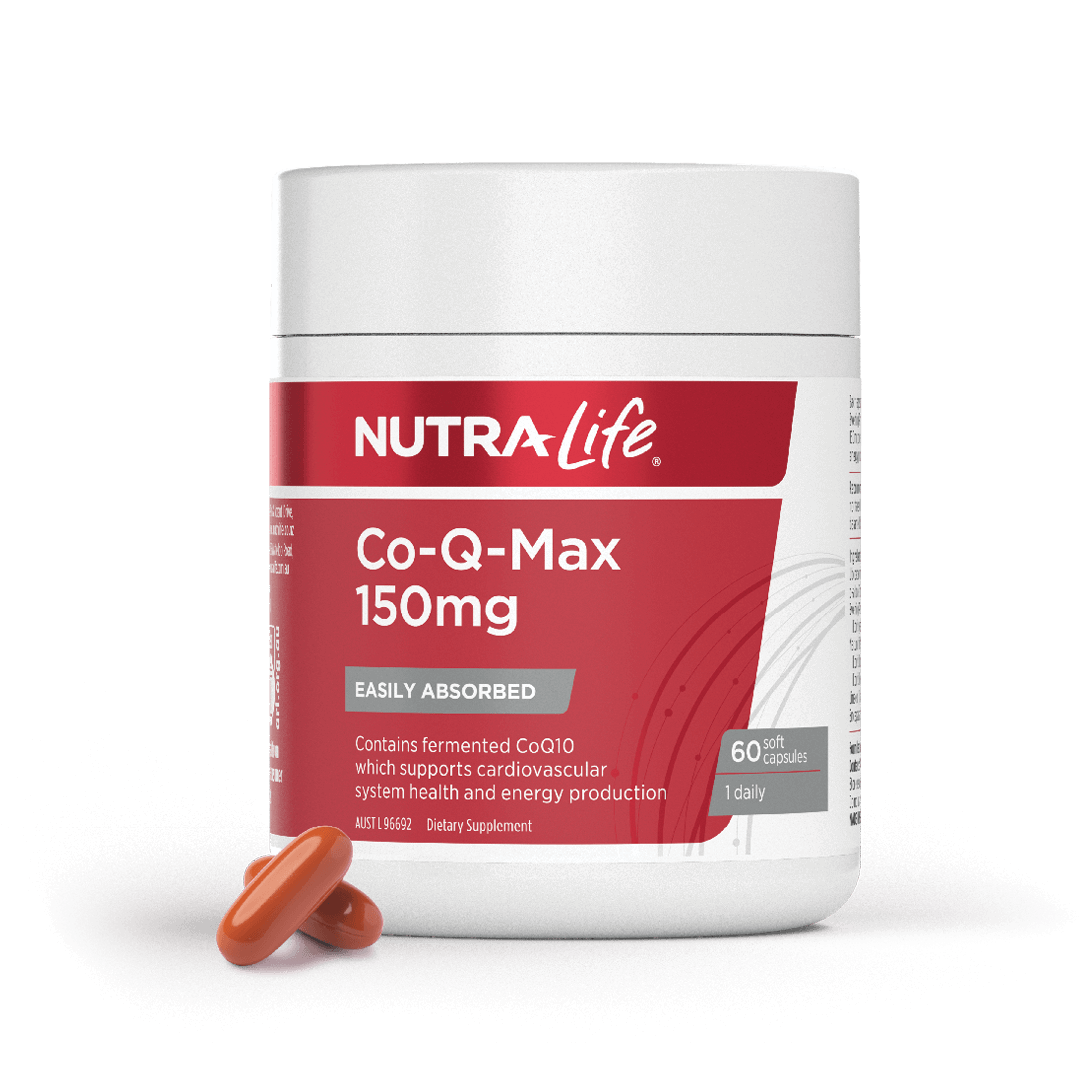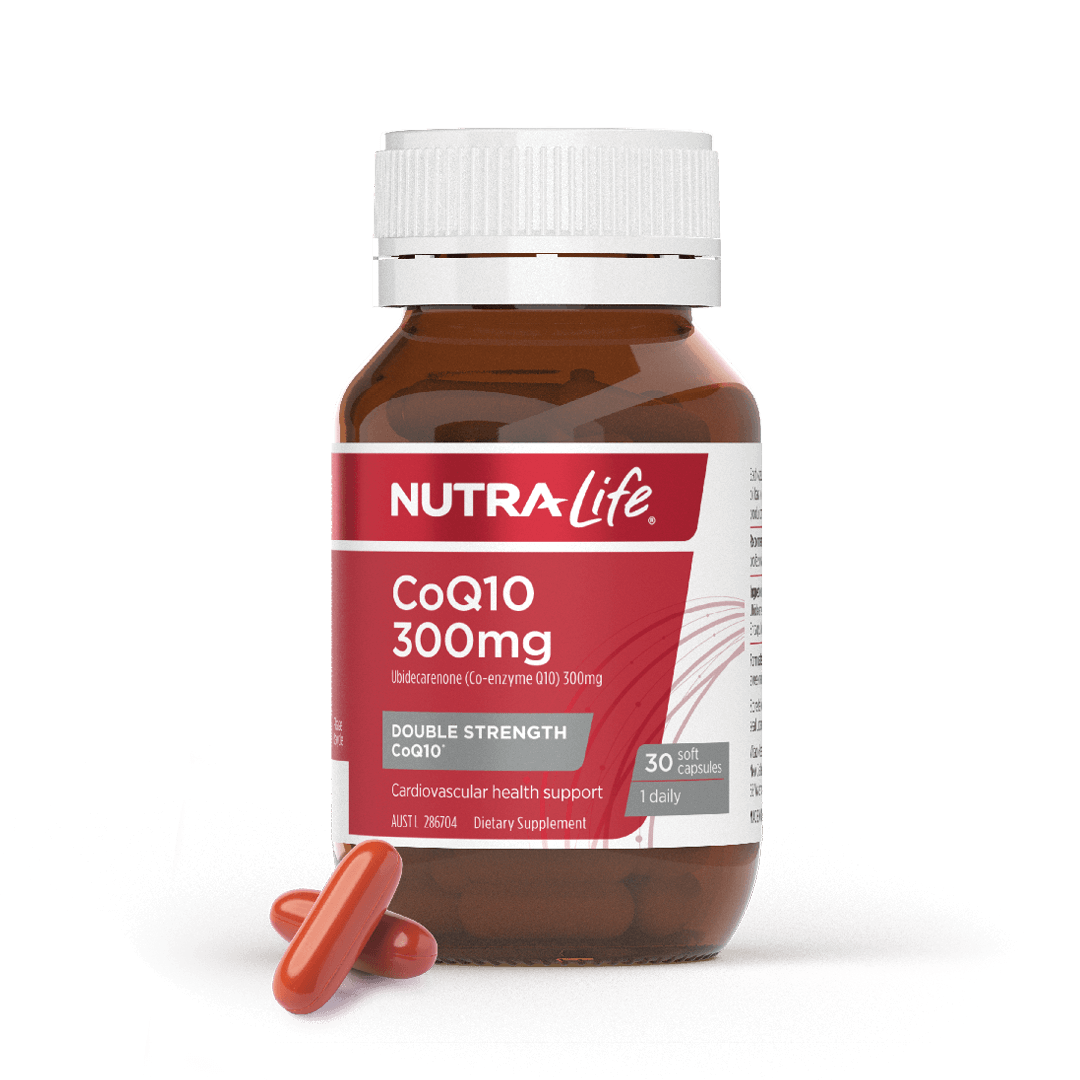- Wearing loose clothing, light nightwear and ensuring there’s no excess bedding on your bed. This will reduce instances of waking up overheated. You can also sleep with a fan or air conditioner on to avoid excessive temperatures in your bedroom and ensure good air circulation.
- Eating healthily. By avoiding overeating (especially close to bedtime), maintaining a healthy weight and exercising regularly you will sleep more deeply and avoid being awoken by more minor menopausal symptoms.
- Avoiding nicotine, caffeine, alcohol and spicy foods, all of which can potentially bring on hot flushes.
- Taking Evening Primrose Oil (EPO). EPO aids in the production of prostaglandins which are thought to help counter hormonal changes in the body which occur during menopause.
- Limit stress as much as is possible. Utilising relaxation techniques such as mediation, massage, exercise and deep breathing can all help you reduce stress, fall asleep easier and stay asleep. Magnesium can also be helpful in relieving mild stress and anxiety as well as alleviating aches and pains. If you are experiencing excessive anxiety, speaking to a professional about it can be beneficial and allow for a better night’s sleep.
Embrace Age
How can I sleep better during menopause?
Nutra-Life Nutrition Team

畅销产品
从这里开始

